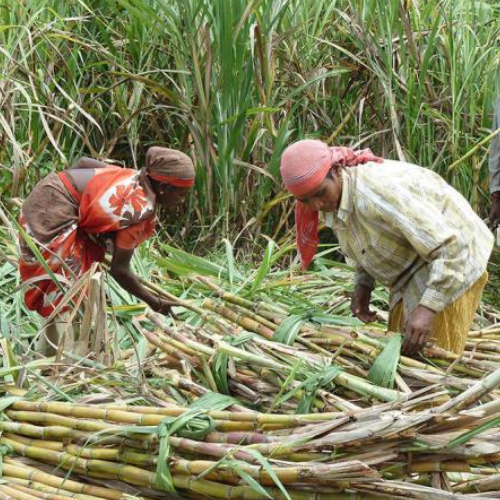Bangkok: Sugarcane farming is one of the vital sources of employment in sugar producing regions, and the industry sees less number of women participation.
Experts while speaking at Bonsucro Global week in Thailand express concern over gender inequality exists in sugarcane farmers and seek more women involvement in the sector.
M Balaji, Sr AVP cane from EID Parry speaking on women engagement in sugarcane farming said, “Land allocations to women are limited, and it is one of the reasons why women lack in participating. Also, they have family commitments, and therefore women restrain themselves from engaging in farming.”
A study by Oxfam India found that women are working in cane filed without any decision making power. The research unearthed that the participation of women farmers is limited to only cutting and cleaning of sugarcane. Other essential activities like management of farm workers or sale of cane to mills are usually taken up by male farmers.
Women and men may have access to land for cane development, but men are more likely to own land and have decision-making authority over its use.
Speakers at the event also pitched for adopting a gender equality approach to farming and focus for advocacy for gender inclusive legislation.
“Access to funding, new practices, limited access to the market, mobility to long distances are the major challenges for women in cane farming”, Balaji further added.
Most of the time, women farmers face condemnation and rejection when they get involved in cane cultivation, especially while during the sale of crops. Also, social norms prevent women from participating in sugarcane programmes and other vital events actively.
Mina Manuchehri, Attorney and Land Tenure Specialist, Corporate Engagement, Landesa said, “A key challenge faced by women is cultural and social norms. There is a need to create a brighter future for women in the sugarcane sector and their active participation by removing the barriers they face. Cultural and social norms restrict women to serve in leadership positions and decision making authority. A strategy needs to be implemented to increase women’s participation in the sector.”
Download ChiniMandi News App : http://bit.ly/ChiniMandiApp












